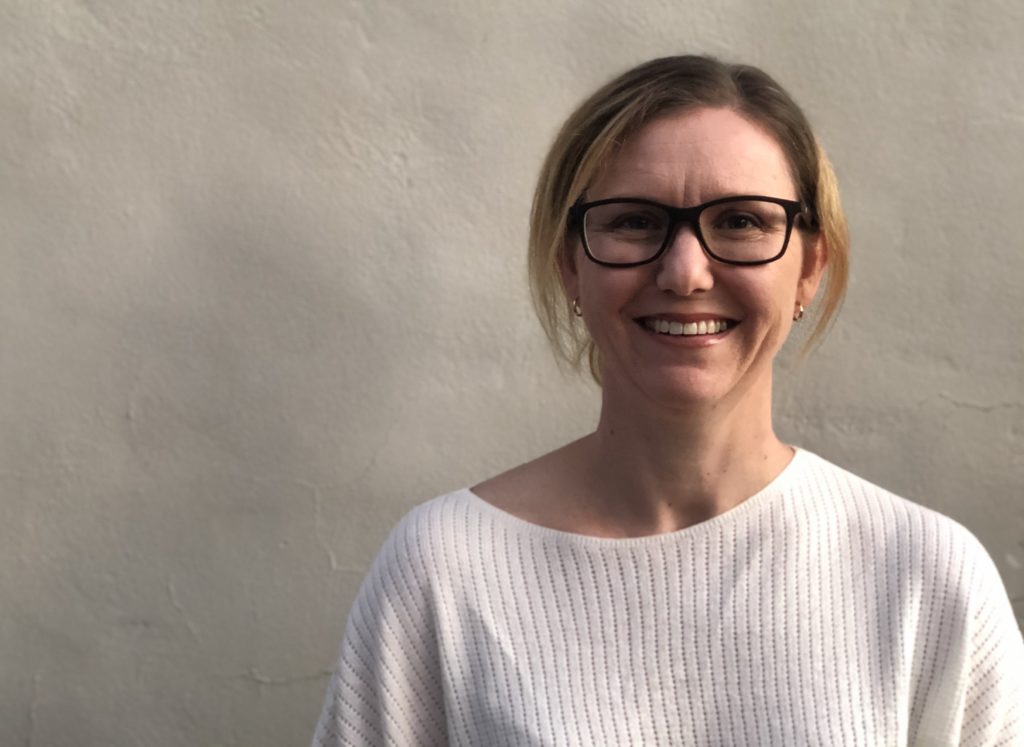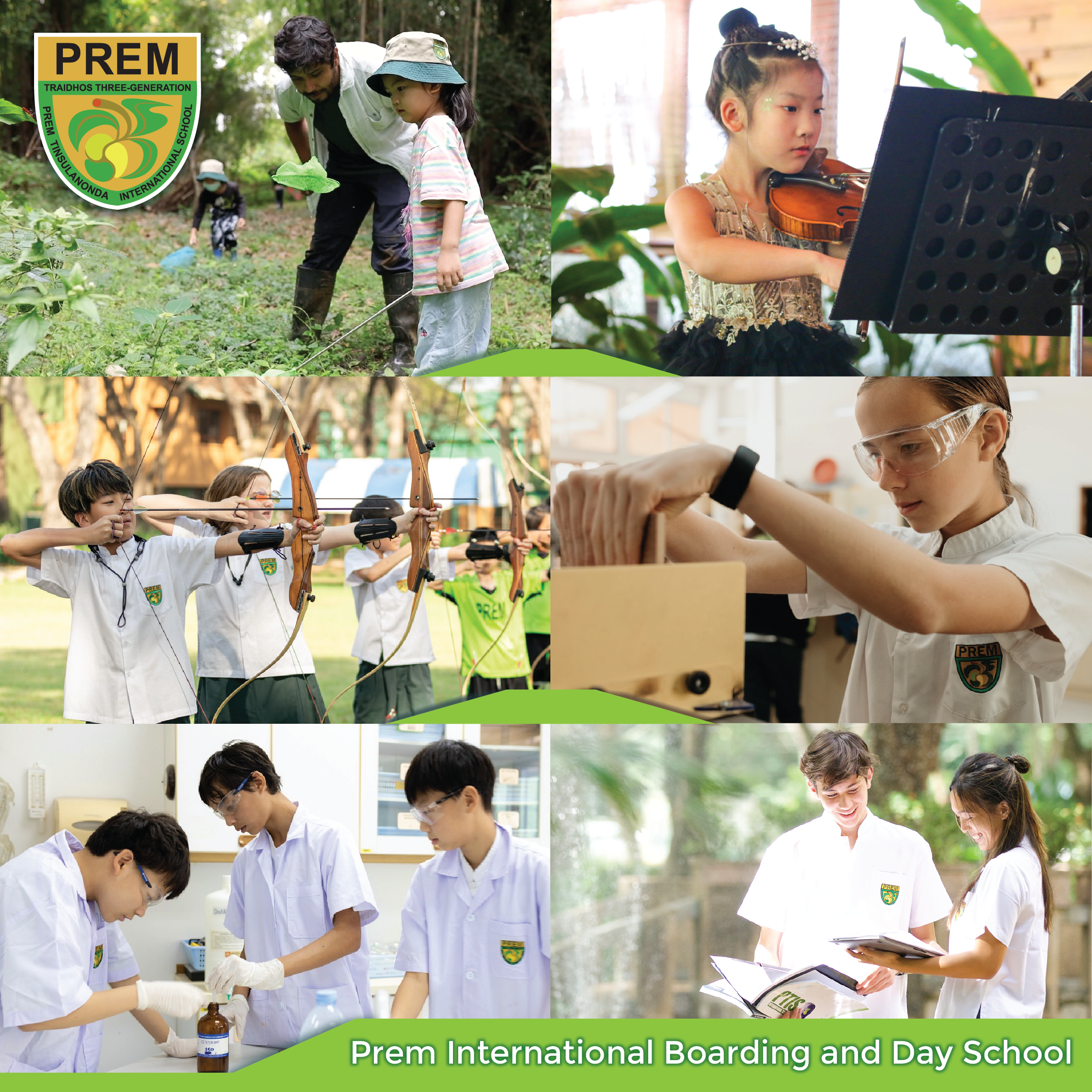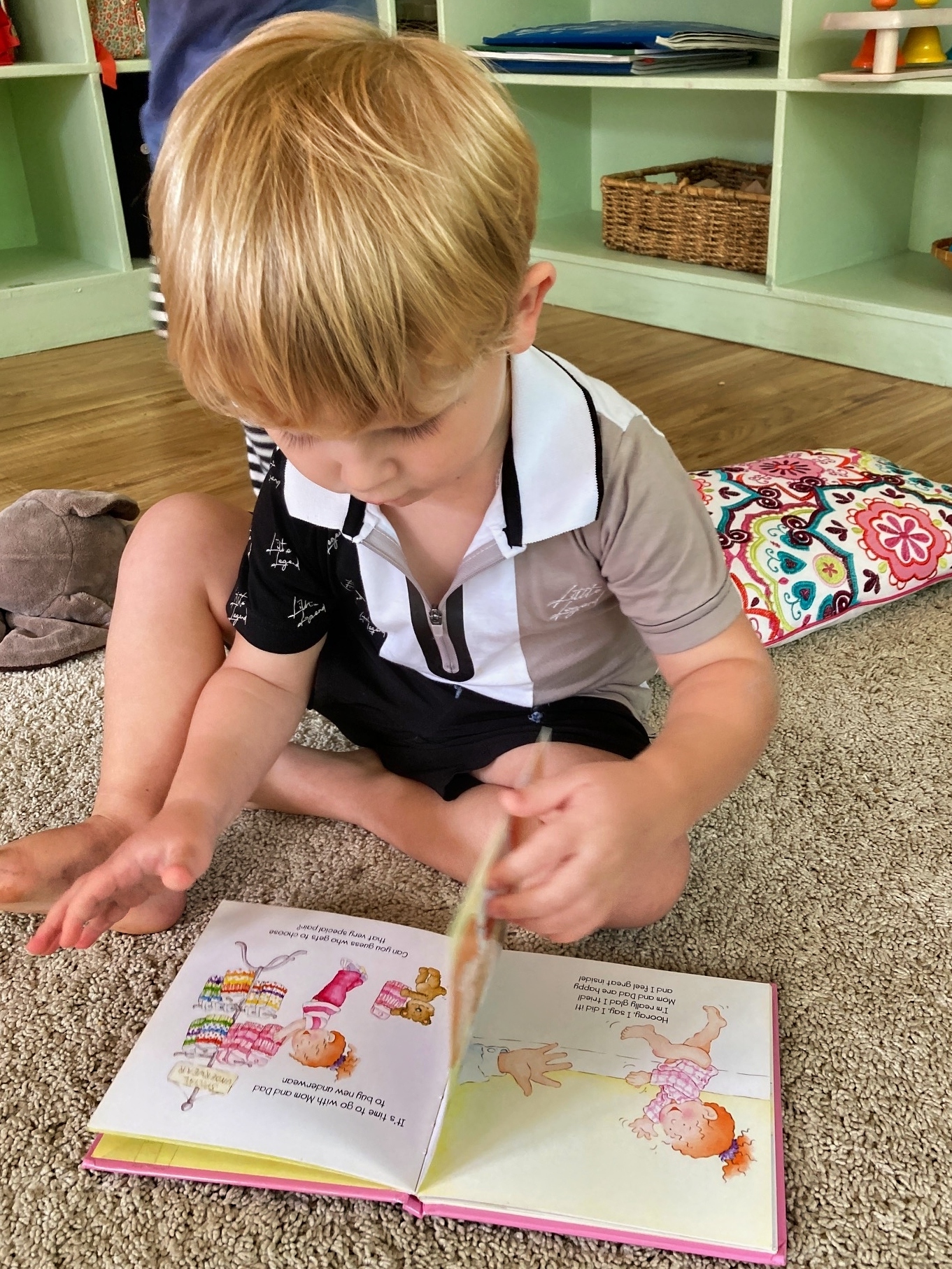Let’s delve into what Developmental Language Disorder (DLD) entails.
DLD is a condition that can pose communication challenges for children. It’s actually quite common, with research suggesting that it affects up to two children in every classroom. Interestingly, it’s often referred to as a “hidden” disorder because it frequently goes unnoticed and unsupported.
Children grappling with DLD struggle with both comprehending and expressing themselves. These challenges usually extend from spoken language into the realm of written language, impacting their reading and writing development. While DLD typically presents in early childhood, it can persist into adulthood.
It’s crucial to clarify that DLD is NOT caused by hearing impairment or bilingual language development. It’s NOT linked to intellectual disability or autism, although children with these conditions may also experience language difficulties.
What does DLD actually look like in daily life?

Imagine being in a classroom, eager to follow your teacher’s instructions and actively participate in discussions, but the words they speak are hard to understand, and the conversation seems to zoom by too quickly for you to catch up. Picture having brilliant ideas but struggling to find the right words quickly enough to construct a sentence that effectively conveys your thoughts. Envision the frustration of not processing your friends’ words swiftly enough to chime in and join the fun.
Children dealing with DLD might:
- Find it challenging to comprehend directions, questions, and concepts.
- Encounter difficulties with verbal communication, often using simple sentences and struggling with grammar.
- Face trouble locating the precise words they want to use, leading to an overuse of words like “it,” “that,” “here,” and “there.”
It’s worth noting that children with language difficulties often take a bit longer to start talking compared to their peers. Typically, children utter their first words around 12 months of age and begin constructing two-word sentences by the time they’re two years old. If your child appears to be lagging behind in this regard, it’s a good idea to seek support early on.
Language challenges can have a lasting impact on a child’s classroom learning, literacy development, friendships, and self-confidence. Many children dealing with emotional, behavioral, attention, and literacy difficulties may have undiagnosed DLD, which can affect the effectiveness of other support systems in place. It’s crucial to identify language difficulties so we can provide appropriate support. Children with unaddressed DLD may experience frustration and may not reach their full potential.
How is DLD Treated?

Therapy is available to help children with DLD thrive both socially and academically. Speech Language Pathologists (SLPs) play a vital role in assessing and treating children with DLD. Their services are tailored to each child’s unique needs.
When a child faces DLD, a Speech Language Pathologist engages in a conversation with parents to understand their concerns. They assess the child’s language skills using various tools, including information from home and school, observations of play and conversation, and structured assessment tools that evaluate understanding and expression. In the case of bilingual children, their skills are evaluated in both languages. Armed with this information, the SLP identifies any language difficulties and collaborates with parents to support the child’s language development.
Trust your instincts. If you suspect that your child is encountering difficulties in understanding and expressing themselves, don’t hesitate to discuss your concerns with a Speech Language Pathologist. It’s recommended to seek assistance early, with SLPs supporting language development from as early as 18 months of age.
If you’d like to connect with a Speech Language Pathologist, feel free to reach out for a complimentary online consultation at https://www.australiantherapyservices.com.au.
For additional information on DLD, you can find valuable resources at https://dldandme.org/.







